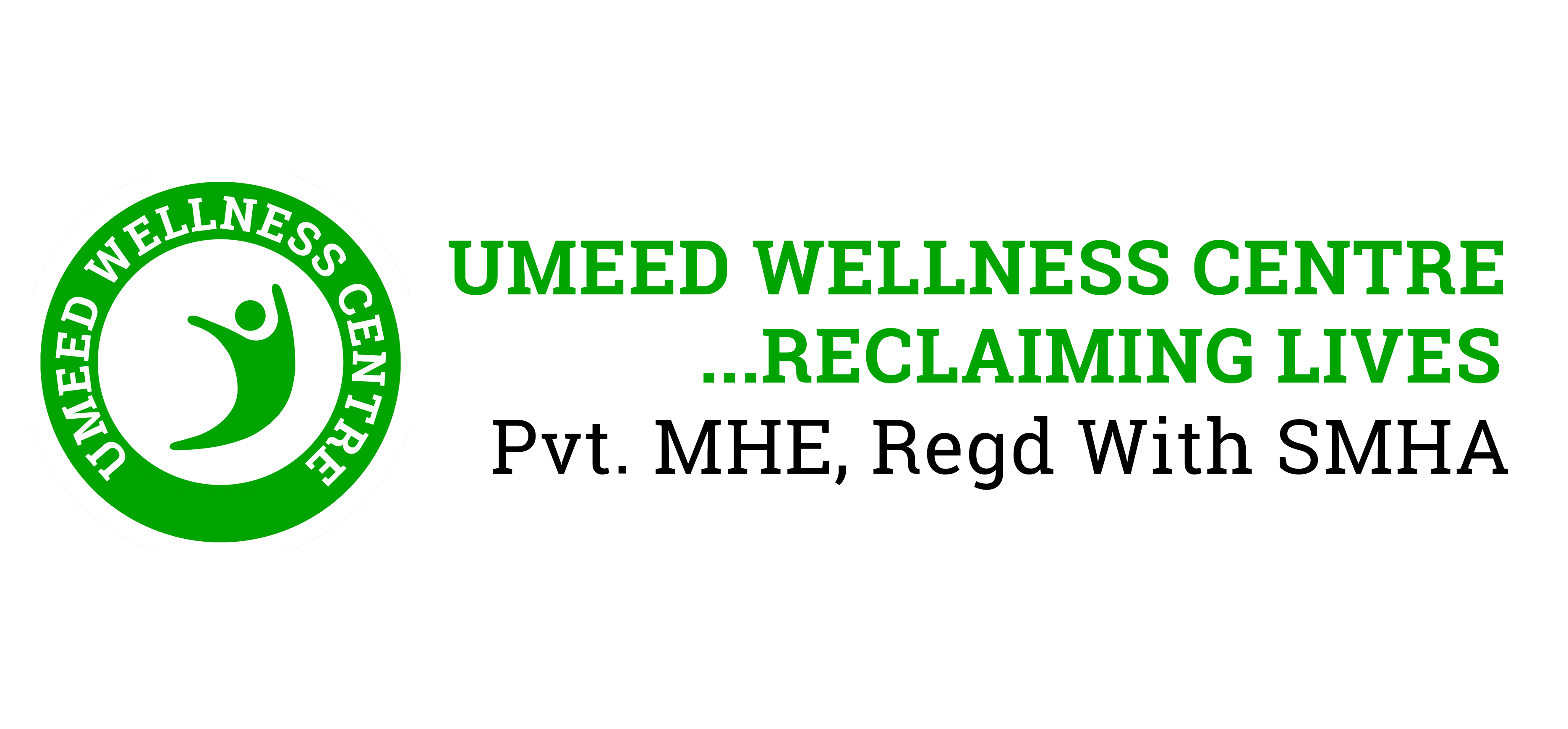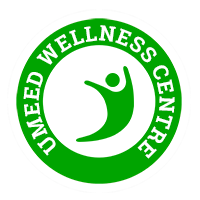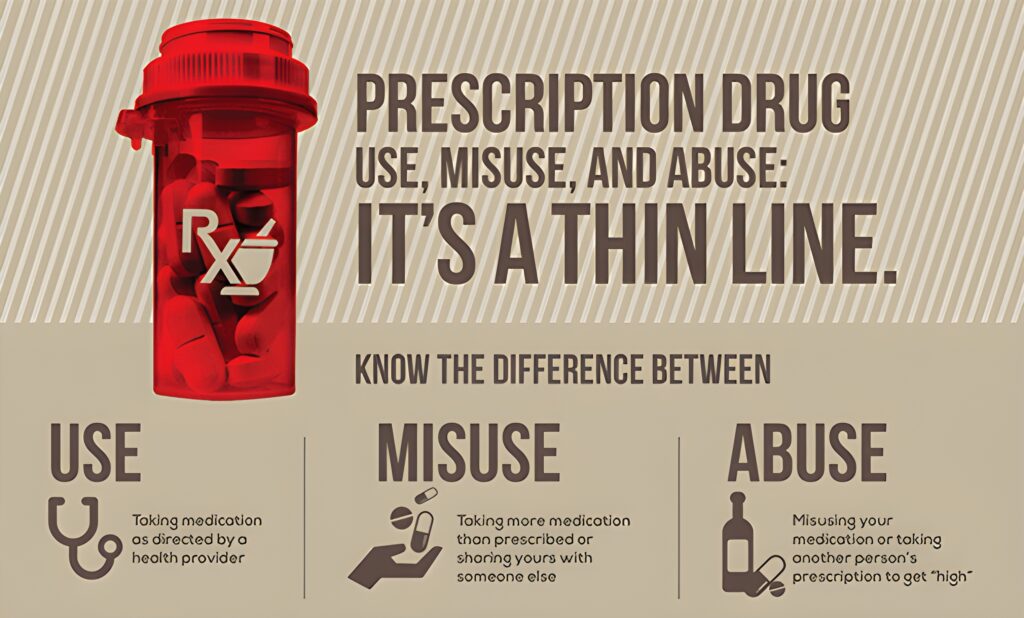Our Services
Prescribed Medicine Abuse


Prescription medicine use disorder is when a person takes prescription medicines in a way that they are not meant to be taken or self medication. It causes them to seek and overuse them even when they cause harm to the person’s health, job, schooling, or relationships.



